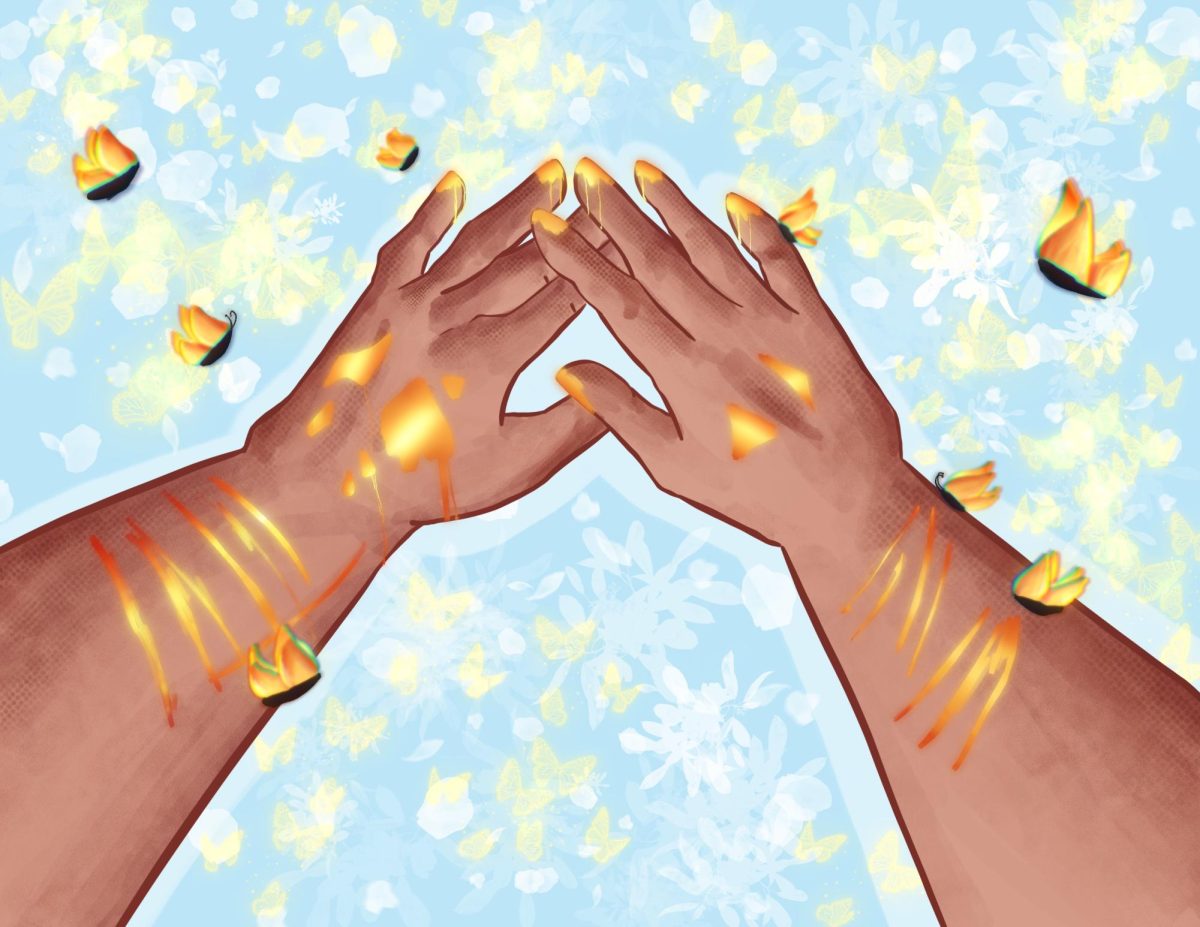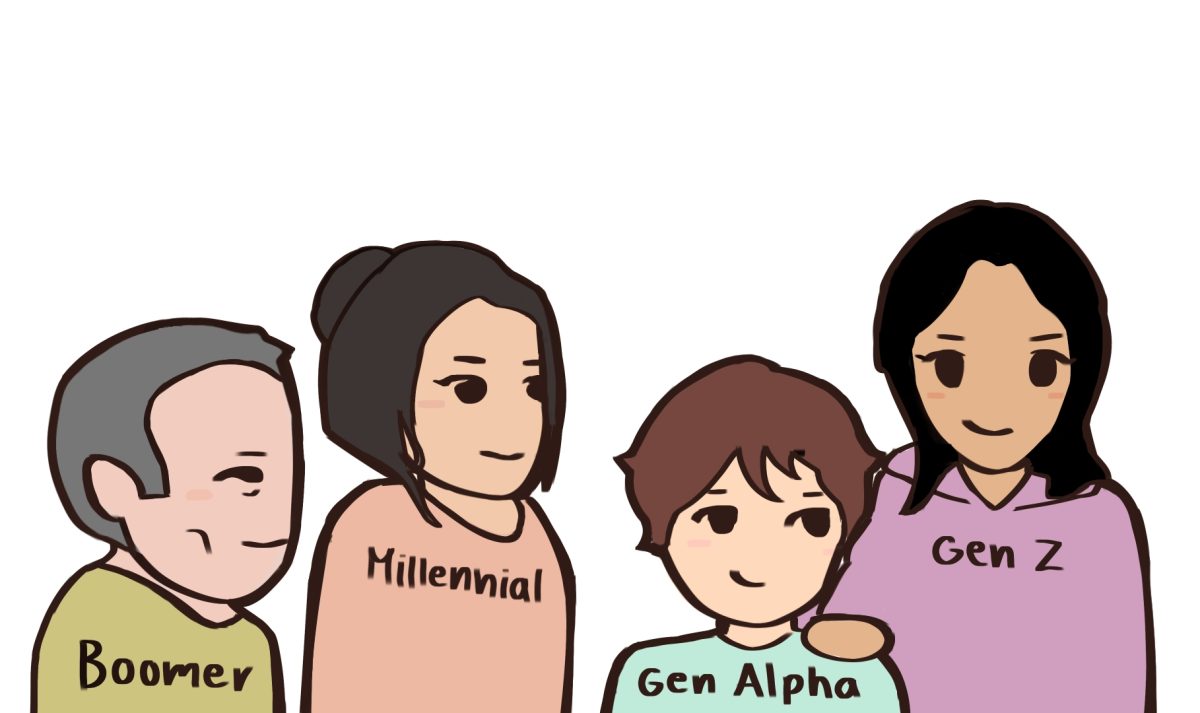Obsolete ideologies and stereotypes on female roles and limitations still exist. During the formative years of high school, the teenage girl faces the brunt of most negative social experiences. We must suffer the impact of an unbridled rumor, the targeted efforts by society to police female dress, sexual assault and harrasment.
A high schooler’s primary form of information is gossip and rumor. When a boy spreads heinous lies about a girl, their word is often taken above hers.
My friends and I have all experienced something of this nature during high school. An example that stands out is a freshman girl who liked a junior boy and his friends spread around that she was having sex with multiple guys. Many people immediately assumed that this rumor was fact. This made her feel overly self aware and that she was going to be viewed as “attractive” only if she was willing to be sexual.
These experiences force teenage girls to fit a certain standard in order to not be judged and that if they don’t, they feel insecure. They feel as if they have lost their self value.
In addition to these social obstacles, we also have to deal with how certain regulations are designed. School dress codes often say things like don’t wear crop tops or show your stomach, don’t wear short skirts or shorts. I realized something; the codes were either aimed at everyone or at girls. None were specific to boys.
My first experience with such a dress code was in the ninth grade. A teacher pulled me out of class to tell me my crop top was distracting to the students in the class. I marched back into the room and asked the class if they couldn’t do their work with me wearing a crop top; they looked at me puzzled, most just muttered they could or that it was fine. Despite this answer, I was still told to cover up and sent to the office because I did not have anything to cover up with.
Girls are told to cover up in school, to be prudent and modest. A minor infraction against the dress code and we could be sent out of class to change, or to talk to the principal and call our parents. At McKinley, although enforcement is rare, the feeling persists. Labeled as “distracting” or “tempting,” it seems our natural bodies will continue to be seen as a taboo subject. Our outfits and how much skin we are showing, should not affect our learning.
School is supposed to be a place built for the students and as such, we should be able to feel comfortable and confident in what we wear. Our stomachs and shoulders should not be the subject of a detention, a class interruption, or a referral.
Regardless of what we wear or how much skin we decide to show, teenage girls are sexually assaulted and/or raped at an alarmingly high rate compared to their male counterparts. According to the U.S. Department of Health and Human Services’ Children’s Bureau, one third of teenage girls have been sexually assaulted as opposed to one out of every 20 boys. According to the Child Protective Services, 82% of sexual assault victims under 18 are female. The Children’s Advocacy Center found that females ages 16-19 are four times more likely than the general population to be victims of rape, attempted rape, or sexual assault. According to Pew Research Center, about 90% of high school girls in America alone say that being sent explicit images such as nudes from boys happens to them a lot. 75% of high school girls report that pressure to send sexual images of themselves happens a lot.
My friends and peers are a part of these sexual assault statistics and inappropriate images statistics. And sometimes it happens on campus. The simple fact that people are THIS comfortable committing these horrific actions on a high school campus speaks volumes to me. Young boys appear not to have been taught to have any regard for what their female counterparts are comfortable with.
The phrase “boys will be boys,” implied by some of our very own teachers and staff members and the teaching our young women so early in their lives to show less skin is just continuing the normalization of a man’s inappropriate behaviors and the shaming of a woman. We cannot legitimately claim that these statistics, this systemic bias, is the result of just a “few bad eggs.” Those “rotten eggs” are a product of a system that tolerates and perpetuates misogyny. Women deserve the right to bodily autonomy, to have the ability to say stop and be heard, instead of being forced, derided and told that others know more about our basic rights and desires than we do.
We must stop saying “that’s just how it is,” as it is remaining complicit to the archaic views that we know simply as “tradition.” School, an inaccurate hidden curriculum, and how our lives and influences are structured socially as teenagers in high school is where change needs to start.









